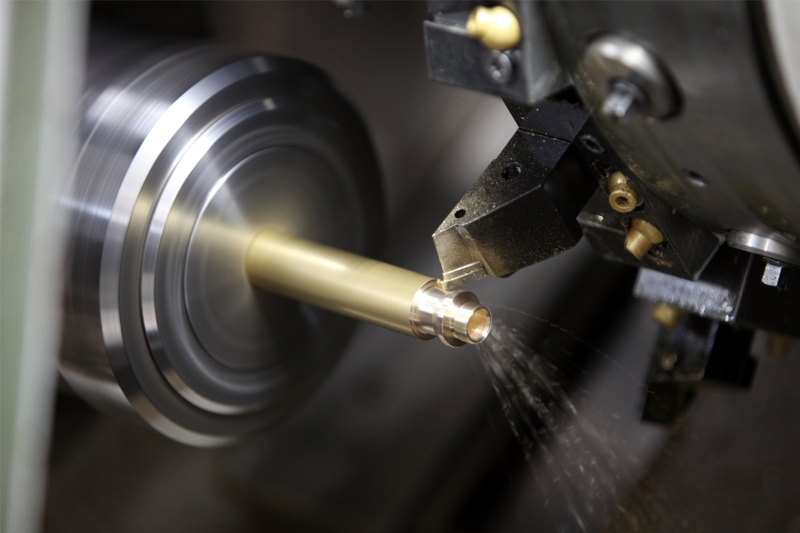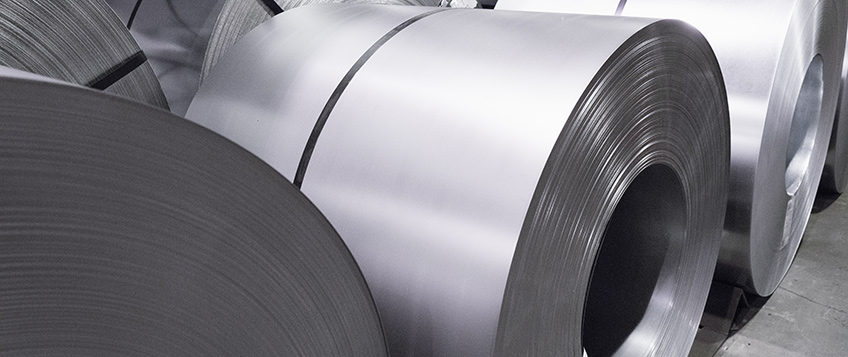Enhancing Competitiveness through Digital Transformation in Sheet Metal Fabrication Enterprises+ View more
Enhancing Competitiveness through Digital Transformation in Sheet Metal Fabrication Enterprises
+ View more
Date:2023-12-28 16:00
Introduction
Digital transformation has become a key driver for success in various industries, including sheet metal fabrication. In today's competitive landscape, sheet metal fabrication enterprises must embrace digital technologies to improve efficiency, streamline operations, and stay ahead of the competition. In this article, we will explore the significance of digital transformation in enhancing competitiveness within the sheet metal fabrication industry. By leveraging emerging technologies, such as automation, cloud computing, and data analytics, businesses can unlock new opportunities and achieve sustainable growth.

- Automation and Robotics for Increased Efficiency
Automation plays a crucial role in digital transformation for sheet metal fabrication enterprises. By implementing robotic systems and automated processes, manufacturers can significantly increase production efficiency and reduce cycle times. Robotic arms can handle repetitive tasks like welding, cutting, and bending with precision and consistency. Automated systems enable higher throughput, better resource utilization, and improved overall productivity. Additionally, collaborative robots can work alongside human workers, augmenting their capabilities and enhancing safety.
- Cloud Computing for Enhanced Collaboration and Flexibility
Cloud computing offers sheet metal fabrication enterprises numerous benefits, including enhanced collaboration, flexibility, and scalability. By migrating data and applications to the cloud, teams can access critical information from anywhere, facilitating real-time collaboration among designers, engineers, and technicians. Cloud-based solutions also provide cost-effective storage and scalable computing power, enabling businesses to handle large volumes of data and perform complex simulations efficiently. This agility and accessibility foster innovation, expedite decision-making, and support seamless integration across the organization.
- Data Analytics for Process Optimization and Predictive Maintenance
Data analytics is a powerful tool that enables sheet metal fabrication enterprises to optimize processes and make data-driven decisions. By collecting and analyzing data from various sources, such as equipment sensors and production workflows, manufacturers can identify inefficiencies, bottlenecks, and opportunities for improvement. Predictive analytics helps in anticipating maintenance needs, reducing downtime, and optimizing equipment performance. By leveraging data insights, businesses can streamline operations, reduce costs, and enhance overall productivity.
- Internet of Things (IoT) for Real-Time Monitoring and Quality Control
The Internet of Things (IoT) empowers sheet metal fabrication enterprises with real-time monitoring and advanced quality control capabilities. IoT sensors embedded in equipment and machinery collect data on performance, energy consumption, and environmental conditions. This data is then analyzed to optimize equipment usage, prevent failures, and enable proactive maintenance. Real-time quality control through IoT-enabled devices ensures adherence to specifications, reduces defects, and improves customer satisfaction. IoT integration provides valuable insights into production processes, enabling continuous improvement and informed decision-making.
- Digital Supply Chain Management for Streamlined Operations
Digital supply chain management enables sheet metal fabrication enterprises to optimize their supply chain networks, from procurement to delivery. By integrating suppliers, customers, and logistics providers into a digital ecosystem, businesses can enhance transparency, improve communication, and streamline workflows. Digital platforms facilitate efficient inventory management, demand forecasting, and just-in-time manufacturing. This level of coordination minimizes lead times, reduces inventory holding costs, and enhances overall supply chain performance.
Conclusion
Digital transformation is essential for sheet metal fabrication enterprises seeking to enhance competitiveness and achieve sustainable growth. By embracing automation, cloud computing, data analytics, IoT, and digital supply chain management, businesses can optimize processes, improve efficiency, and drive innovation. Successful digital transformation requires a strategic approach, collaboration across teams, and a willingness to adapt to changing technologies. Sheet metal fabrication enterprises that leverage emerging digital technologies will gain a competitive edge and position themselves as leaders in the industry.
Share to:
Recommend wonderful blog posts

